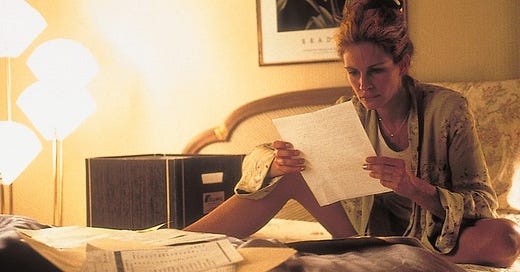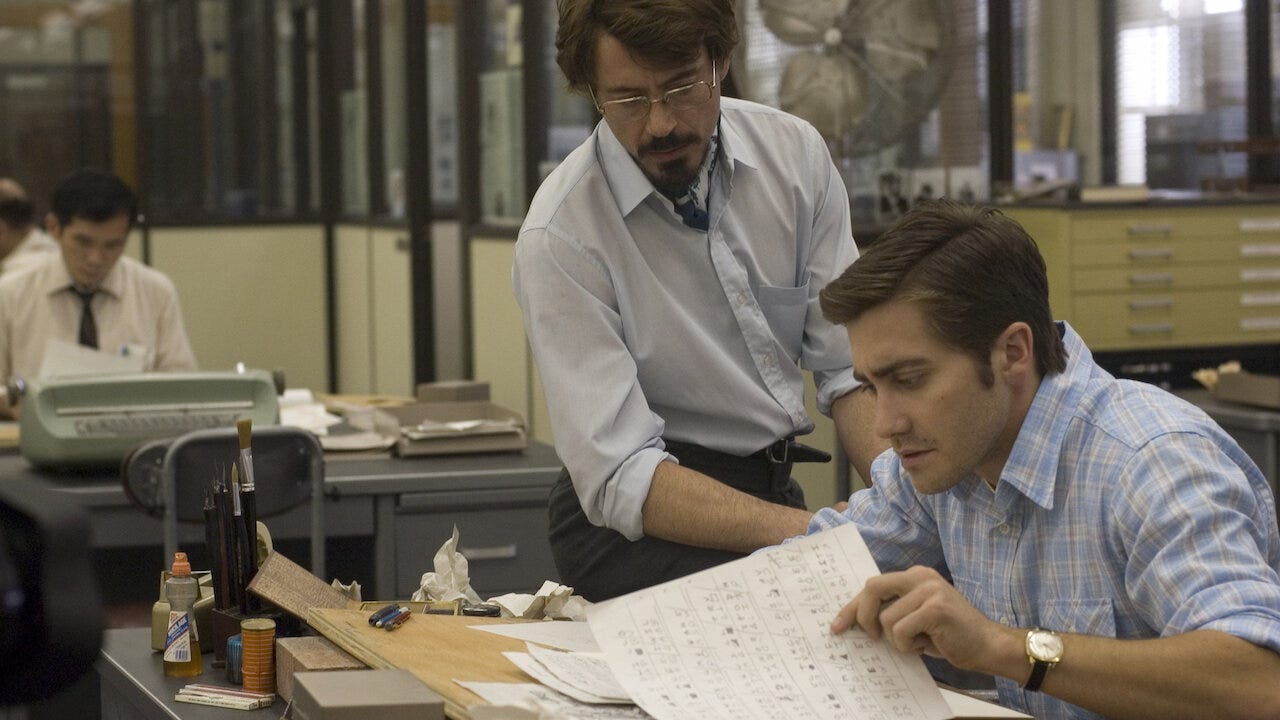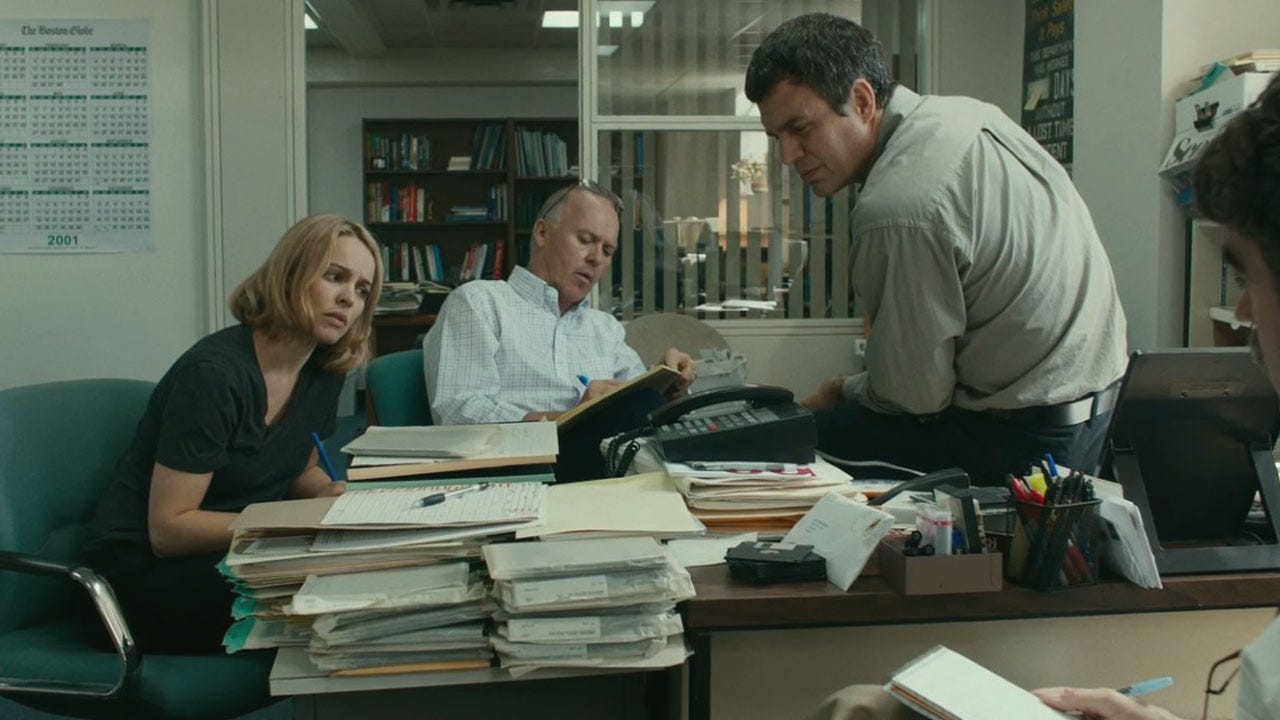Have you ever written down exactly what you were doing—described your fingers tapping the keyboard or your writing hand moving the pen across the page?
For our seventh stack of picks, we take a decidedly meta approach by sharing examples of art doing just that, referencing the most common medium of all, paper. It’s not just in books: think also of screenplays and sheet music. Scroll on to see what we found.
READ
A magazine made out of (100% post-consumer waste) paper
Yes, yes, the irony of talking about paper things via a medium that has by and large replaced paper altogether. We are aware. Here’s a good quote from my favourite paper magazine, Geez (and yes, that’s a link to their website):
Purity is not only over-rated, it’s impossible. It’s better to declare contradictions and move forward anyway.
So we go on, “acknowledg[ing] and even celebrat[ing]” the fact that we don’t always make sense. For the Geez editors in the quoted issue (#34, “Life offline”), the contradiction is that they “use computers to make a magazine that can’t be read on a computer.” Perhaps a turning-swords-into-ploughshares type deal?
Over-simplifications from both sides of the debate over the value of phones/technology/etc. make me cringe a bit (especially the ones that tie their opinions to broad criticisms of entire generations), but as someone who certainly does spend the majority of most days looking at screens, I was particularly inspired by Geez’s “14 Reasons Why We’re Primarily Print” article on page 9 in the aforementioned issue. I’ll highlight a couple of my favourite ones:
3. Because convenience is disempowering and automation is dehumanizing. To feel more active and able to change things, it’s better to opt out, go offline for a while. Flex your personal power, turn a page.
Sometimes when it’s really quiet in my apartment (usually when my daughter, oh how I love her, is in bed or at her mom’s), I really feel every step I take when I walk around. Like, I can just pick up this toy, turn off that light, and change my world in one quick collaboration of muscles and bones. I think this is like that. Online productivity can be satisfying too, but it’s not nearly as visceral.
11. Because the path of moderation is the way to wisdom, seriously. Contentment comes from harnessing desires. Why not limit yourself to one magazine, four times a year? Seems more peaceful than checking a website every day.
I confess that after a brief subscription to Geez a couple years ago I unsubscribed because as much as I liked the idea of the magazine and what it stood for, I simply wasn’t reading it (not enough time, I told myself). I decided to give it another go now after reading that bit, which hit me hard. It really does sound a lot more peaceful. No giant comment sections, no link rabbit trails, no ads, and most importantly I think, an end, because really, it’s the unlimited amount of content on the internet that I don’t have enough time for.
-JB
Enjoying this love letter to paper so far?
Let a friend in on the fun.
LISTEN
A Song that Displays the Arbitrary Nature of Anxiety
When people talk about Talking Heads’ Fear of Music, they don’t usually say much about “Paper.” The album’s hit, “Life During Wartime,” receives most of the commentary—and rightfully so, it’s a great song—but even secondary attention usually gets swallowed up by the Dadaist lyrics in “I Zimbra,” singer David Byrne’s worried search for a new home in “Cities,” or the Beckett-style description of the afterlife in “Heaven” (all great tracks as well).
As the name suggests, Fear of Music is a stressful record, and “Paper,” its third song, is as good an example of this as any. Before Byrne even opens his mouth, the rhythm, tempo, and guitar put you on edge. The lyrics jump around a lot from image to image, but throughout the song, the singer oscillates between reassuring and second-guessing himself. Whether he’s on stage, thinking about a past relationship, or just trying to get an idea down, he can’t seem to decide what to think of his situation. This comes out most clearly in the verse about a past lover:
Had a love affair but it was only paper
(Some rays they pass right through)
Had a lot of fun, could have been a lot better
(Some rays they pass right through)
A lot is left unsaid in “Paper,” which only adds to the song’s anxious tone. “Hold on to that paper,” Byrne pleads—without ever letting us know what makes this particular sheet so important. “Hold on, ‘cause it’s been taken care of!” What’s been taken care of? He doesn’t say. And his delivery suggests that the lyric may be a lie.
The neurotic back-and-forth between acceptance and stress, over something so mundane as a piece of paper, finally comes to a head in the last lines of the song:
Don't think I can fit it on the paper
Don't think I can get it on the paper
Go ahead and rip up, rip up the paper
Go ahead and tear up, tear up the paper
There’s frustration there, a sense of giving up. But it’s also quite cathartic, especially after considering how unnecessary all that effort seems to have been. There might be a good lesson there: that it’s OK to give up sometimes. You don’t need to die on every hill. And some hills are of our own making.
-AK
What do you think? Does Byrne’s poem say something else to you? Any other paper-referencing artifacts the world should listen more closely to?
Let us know in the comments below.
WATCH
Three paper trail movie picks
“People are dying, Scott, you've got document after document here telling you why, and you haven't said one word. I wanna know... How the hell you sleep at night?”
Roberts is fantastic here as a fiery single mom who sifts through papers and patriarchal bullshit to expose a corrupt energy corporation.
“I've been thinking that if you put all the information together, maybe you could jog something loose… You know the case best… You know all the players and you have all the files.”
Paper letters pasted with letters and codes get sent to a newspaper, and here, the trail’s more of a maze with no end in sight.
“So, I can just walk into that courtroom right now and get those documents?”
“No, you cannot. Because the documents are not there.”
“But you just said they're public.”
“I know I did. But this is Boston. And the church does not want them to be found. So, they are not there.”
Mark Ruffalo is back in the paper-pondering game, this time looking to expose the Catholic chuch’s crimes and cover-ups that were no less nefarious than those of the Zodiac killer.
-JB
That’s all for this edition, folks—thanks for reading. In two weeks, we’ll celebrate the June solstice with a look at the most popular summer-themed locale in western art and culture: California.








I love the insights and your reflections on Geez magazine.